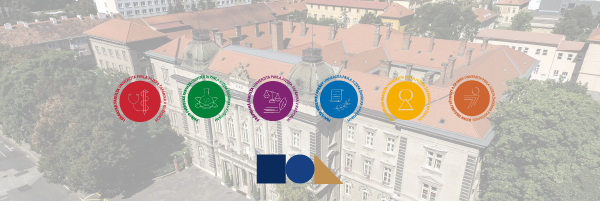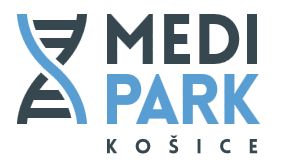| Title: |
The implementation of Digital Mobile Mental Health in clinical care pathways: Towards person-centered care in psychiatry |
| Acronym: |
IMMERSE |
| Project Number: |
945263 |
| Call identifier: |
H2020-SC1-2020-Two-Stage-RTD |
| Program: |
H2020 |
| Funding Scheme: |
RIA – Research and Innovation action |
| Coordinator: |
Catholic University of Leuven |
| Address of Coordinator: |
Oude Markt 13, 3000 Leuven, Belgium |
| Consortium members: |
Central Institute of Mental Health, Germany |
|
University of Edinburgh, United Kingdom |
|
Comenius University in Bratislava, Slovakia |
|
Pavol Jozef Šafárik University in Košice |
|
Ruprecht Karl University of Heidelberg, Germany |
|
University hospital of Heidelberg, Germany |
|
Movisens GmbH, Germany |
|
TMF – Technology, Methods, and Infrastructure for Networked Medical Research, Germany |
| UPJS contact: |
iveta.nagyova@upjs.sk |
| Web: |
https://mc3.sk/projekty/immerse/ |
| https://cordis.europa.eu/project/id/945263 |
| Start Date: |
1 April 2021 |
| End Date: |
31 March 2025 |
| Objective: |
The overarching aim of IMMERSE (Implementing Mobile MEntal health Recording Strategy for Europe) is to advance the transformation of mental health care in Europe intro true person-centered care, focused on the needs of each individual seeking help for mental health problems, while giving them an active role in their treatment process and decision-making. In order to do so, IMMERSE has identified the Experience Sampling Methodology (ESM), a structured diary technique, as the methodology that puts the service user at the heart of their treatment. IMMERSE will integrate 20 years of research evidence on ESM into an innovative, clinical digital health tool, Digital Mobile Mental Health (DMMH), in close collaboration with stakeholders and extending it with mobile sensing data and innovative machine learning models. DMMH consists of an ESM app, assessing self-reports of mental state in daily life, a data-platform that allows the analysis of these data, and dashboard for visualization and feedback. IMMERSE will thoroughly evaluate strategies, processes and outcomes of DMMH implementation at 8 sites in 4 countries in Europe representing different contexts for implementation evaluation. At the same time, IMMERSE will identify and overcome key barriers and strengthen facilitators for implementation, transfer and scale-up of DMMH to routine mental health clinical practice by closely collaborating with relevant stakeholders, aligning the innovative DMMH tool to their needs. Similarly, the diverse ethical, legal and policy challenges and requirements will be identified and DMMH will be developed and implemented accordingly. Finally, IMMERSE is set out to do a cost-benefit analysis of the implementation and present a framework for future implementation of DMMH, including forecasting scenarios, aiming at a further scale-up of DMMH across 4 countries in Europe and beyond. IMMERSE thus offers a unique potential to significantly innovate mental health care in Europe. |
| Related links: |
https://www.zi-mannheim.de/en/ |













